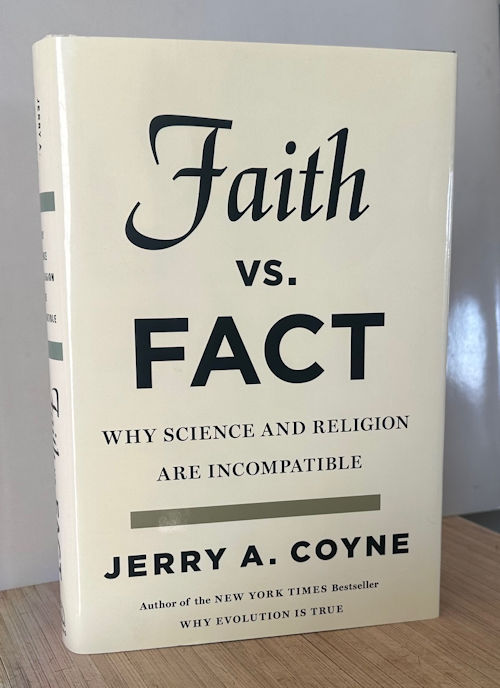- Three more core principles today, illustrated by an essay by a “former creationist” and how she found “following the science” clashed with her culture — and how this conflict is born of ancient biology;
- How universities would like to teach how to think;
- Paul Krugman on the Trump administration’s undermining American expertise, the latest play being the charge for H-1B visas;
- Robert Reich on how the Trump administration “no longer has the smarts to publish facts”;
- And JMG items. No, Kat Kerr did not ascend to Heaven to see God and Charlie Kirk.
Here’s a piece, apropos of the debut of the TV miniseries mentioned in the first paragraph, that illustrates three more core themes, or principles.
1, Honest appraisal of the evidence for disputed topics in science, from evolution to climate change to the global Earth to the efficacy of vaccines, is overwhelming that the consensus views on these topics are correct.
2, Rejection of or resistance to these conclusions is driven by any of various psychological biases, mostly the need not to challenge one’s community and its beliefs.
3, You can’t expect anyone to be convinced, or to change their minds, just by showing them the evidence and expecting them to understand it.
(And this is why ‘wisdom’ is a personal project, as I’ve said, and not the result of any group activity taking place in a sports stadium, a religious congregation, or a concert hall.)

Washington Post, Ella Al-Shamahi, 22 Sept 2025: I’m a former creationist. Here’s why ‘follow the science’ failed., subtitled “The moment I finally admitted that Darwin was right didn’t feel liberating. It felt like grief.”
Continue reading














